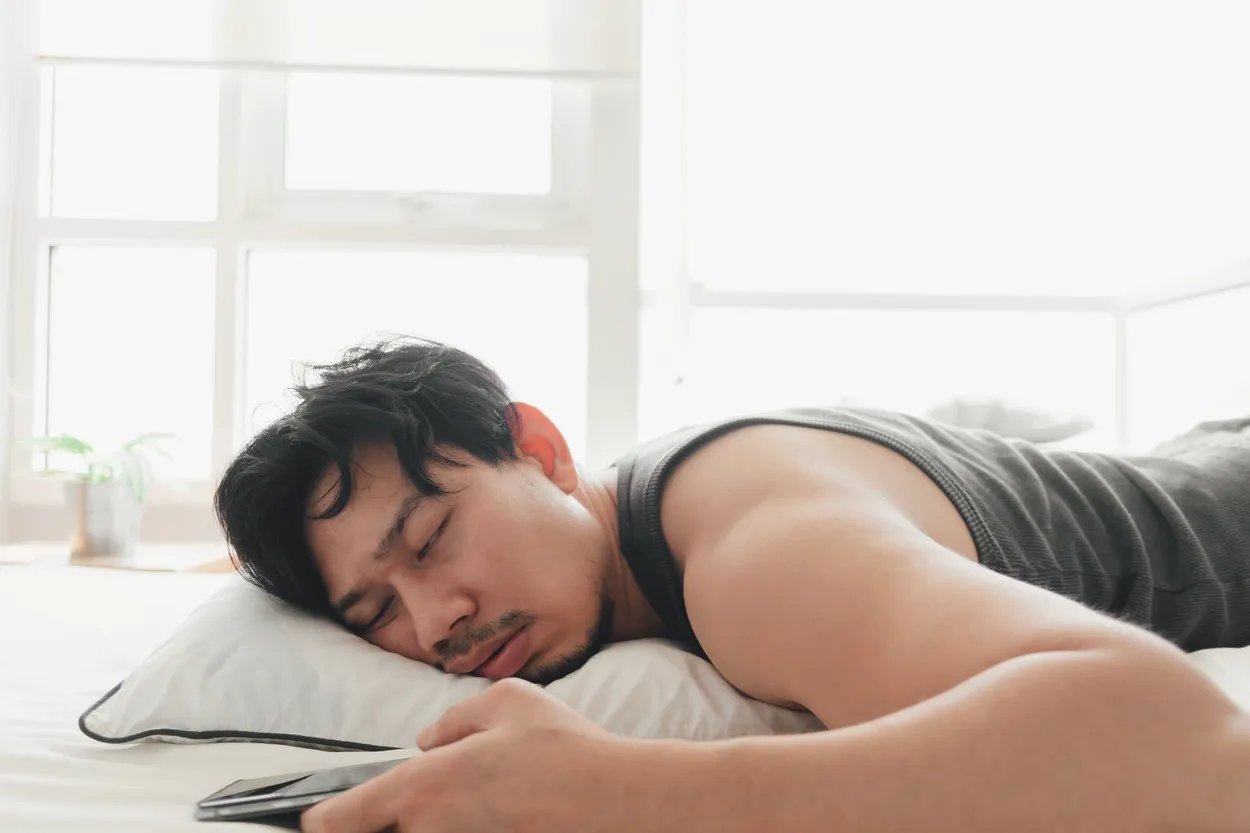Evaluating sleep for 2 weeks
The group of researchers set up a study with 100 participants aged 18 to 22 years old and asked them to keep a sleep diary for 2 weeks. Every participant had to answer the following questions in the diary after each night of sleep.
- At what time did you go to bed?
- How long before you were ready to fall asleep?
- How long before you fell asleep?
- At what time did you wake up?
- At what time did you get out of bed?
- How satisfied were you with your sleep in general?
On top of that, the participants were also asked 5 times throughout the day to rate their positive and negative emotions and how satisfied they were with their life. For the duration of 2 weeks, participants had to wear actigraphs on their wrists which measured their movement. This served as an objective way to evaluate their sleep patterns and rest cycles.
There’s a disconnect between sleep data and how you feel

After the 2-week experiment concluded, the researchers compared the actigraphy data with participant’s sleep diary and reports of how they felt throughout each day. The results showed that when participants evaluated their own sleep positively, they reported positive well-being. And this was observed even when the actigraphy data suggested they actually had a bad night of sleep.
“When participants reported that they slept better than they normally did, they experienced more positive emotions and had a higher sense of life satisfaction the following day. However, the actigraphy-derived measure of sleep quality which is called sleep efficiency was not associated with next day’s well-being at all. This suggests there is a difference between actigraphy-measured sleep efficiency and people’s own perception of their sleep quality in how they link to people’s evaluations of their well-being,” explained lead author, Dr Anita Lenneis.
Elevate your well-being with positive sleep perceptions
The authors encourage people to use this information to their advantage. When you wake up refreshed in a good mood, trust your feeling, even if your smart watch suggests poor sleep. On the other hand, if you don’t feel great after waking up and your watch says you slept well, you could use that information to change how you perceive your sleep. As long as you feel good about your sleep, your well-being is likely to improve. And on top of that, a similar relationship has been observed in previous studies in relation to overall health, not just sleep.
“Our findings are consistent with our previous research that identified people’s self-reported health, and not their actual health conditions, as the main factor associated with their subjective well-being and especially with life satisfaction. It’s people’s perception of their sleep quality and not the actigraphy-based sleep efficiency which matters to their well-being,” said co-author Prof Anu Realo.




